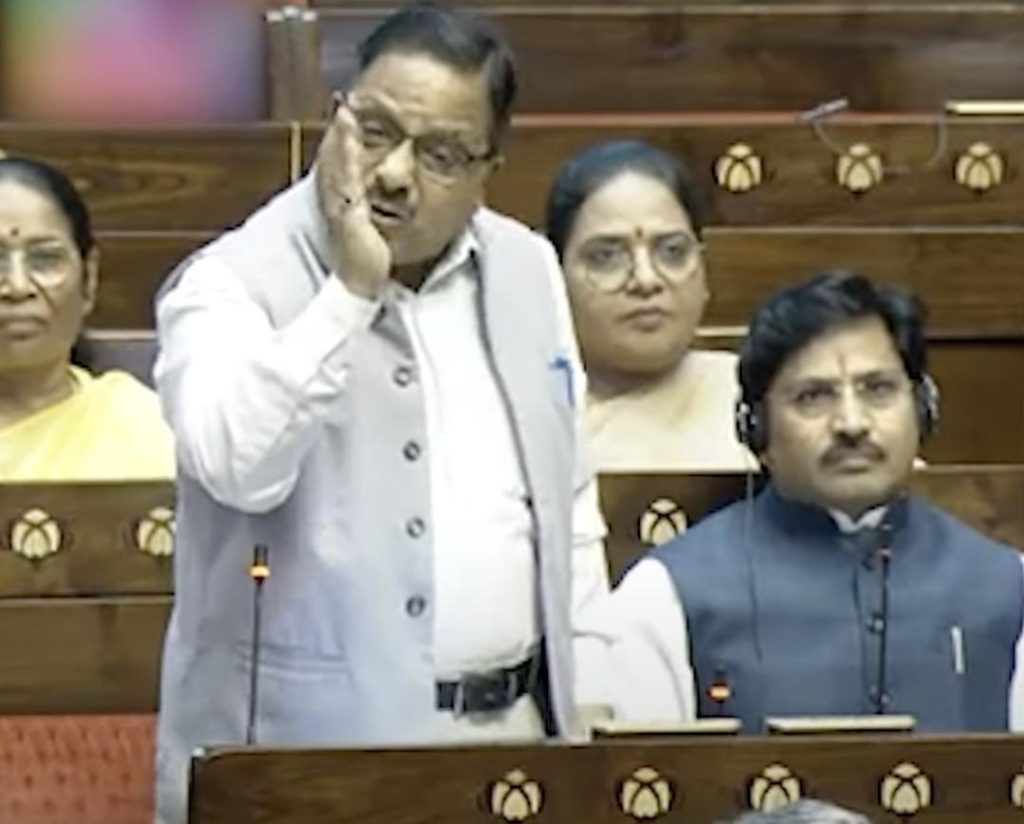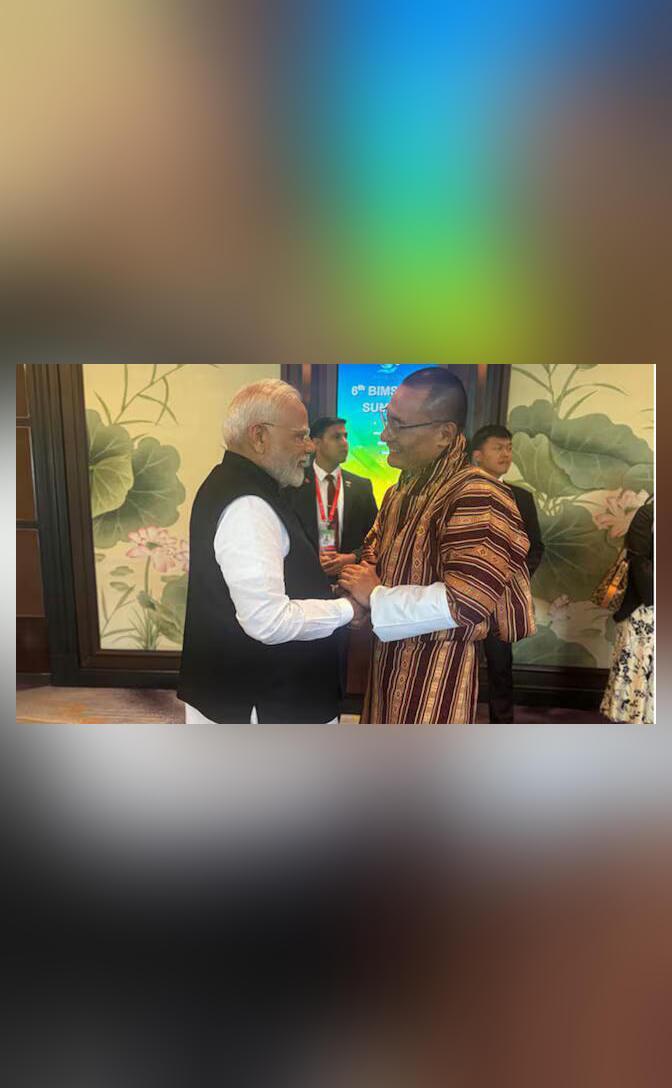
Should I Read Quran and Tell You What’s Written in It: BJP MP Radha Mohan Das on Waqf Bill
The Waqf Bill, a legislation aimed at reforming the management of Muslim religious properties, has been a topic of intense debate in India. Recently, during the discussion on the bill in the parliament, BJP MP Radha Mohan Das sparked a controversy by questioning the need to read the Quran to understand the Waqf Board’s functioning.
Das, a member of the Bharatiya Janata Party (BJP), asked if he should read the Quran and tell the public what is written in it, implying that the holy book might hold the key to understanding the Waqf Board’s alleged irregularities. His remark was met with strong reactions from opposition parties and Muslim leaders, who accused the BJP MP of being insensitive and Islamophobic.
So, what did Das mean by his statement? Did he really intend to read the Quran to understand the Waqf Board’s functioning, or was it a rhetorical question meant to provoke a reaction? In this blog post, we will delve into the context of Das’s statement, explore the controversy surrounding the Waqf Bill, and examine the implications of his remarks on interfaith relations in India.
The Waqf Bill: An Overview
The Waqf Bill, also known as the Waqf (Amendment) Bill, 2020, seeks to reform the management of Waqf properties, which are religious endowments dedicated to the welfare of the Muslim community. The bill aims to establish a more transparent and accountable system for managing these properties, which are estimated to be worth over Rs 1 lakh crore (approximately $14 billion).
Currently, the management of Waqf properties is the responsibility of the Waqf Board, which is headed by a chairman and consists of a mix of government officials and Muslim clerics. However, the board has been accused of mismanagement, corruption, and nepotism, leading to a loss of confidence among the Muslim community.
The Waqf Bill seeks to address these issues by introducing reforms such as the creation of a Waqf Commission, which will oversee the management of Waqf properties, and the establishment of a Waqf Board for each state. The bill also proposes to empower the Waqf Commission to seize properties that are not being used for their intended purpose.
Radha Mohan Das’s Statement: Context and Controversy
Das’s statement, in which he asked if he should read the Quran and tell the public what is written in it, was made during a discussion on the Waqf Bill in the parliament. The BJP MP was responding to allegations that the Waqf Board had failed to maintain records of its properties and had allowed the misuse of these properties.
Das’s statement was widely seen as an attempt to deflect criticism of the Waqf Board’s alleged irregularities by invoking the Quran, Islam’s holy book. Many interpreted his remark as an attempt to portray the Waqf Board as being in violation of Islamic principles, which they claimed was reflected in the Quran.
However, Das’s statement was met with strong opposition from Muslim leaders and opposition parties, who accused him of being Islamophobic and insensitive. They argued that Das’s remark was an attempt to stigmatize Islam and Muslims, and to undermine the legitimacy of the Waqf Board.
Implications of Das’s Remarks
Das’s statement has sparked a heated debate on interfaith relations in India. Many have argued that his remark was an attempt to create a rift between different religious communities, and to undermine the legitimacy of the Waqf Board.
The controversy surrounding Das’s statement has also raised questions about the role of religion in public discourse. While it is understandable that religious beliefs and practices can inform public policy, it is equally important to recognize that religion should not be used to justify discrimination or prejudice against any individual or group.
In conclusion, Das’s statement was a misguided attempt to deflect criticism of the Waqf Board’s alleged irregularities by invoking the Quran. While the Waqf Bill seeks to reform the management of Waqf properties, it is essential that the reform process is inclusive and respects the rights and concerns of all stakeholders, including Muslim leaders and the broader Muslim community.
Source:






